Martin Groschwald from design industry recruitment consultancy Konzepthaus looks at the big picture
Ten years ago, changing companies was something that only a very few brave souls had the courage to do. As we are moving towards the biggest shift in the automotive industry, possibly ever, 2018 showed us how much things have changed.
In today’s world, we see new car and mobility design studios popping up almost every week – whether that’s in China, various countries across Europe, United States or anywhere else in the world. The global demand for creative talent continues to grow, as we are quickly moving away from traditional car design towards a more holistic view on mobility design.
Of course, this shift to a more holistic view of devices that take us from A to B will require structural changes within design departments. Compared to other industries, there is still a strong discrepancy between the willingness to include digital content, new technologies and services and their actual implementation and execution.
These new themes to the world of transportation design will shape the future of it, not to forget how designers and students will approach them. Amongst all the moves we have seen this year, there have been very few interior designers moving into the highest-level positions. The time for a designer with a UX background to lead a transportation design department is still yet to come and is still years away – unless someone really takes the term ‘disruption’ seriously.
Building a car is complicated but implementing these new inputs into such a process is a massive challenge. As production cycles become shorter, teams will have to become more efficient. At Konzepthaus Consulting, we have seen trends over the years that will intensify in the coming years. Teams are becoming smaller, skill flexibility will become increasingly important and car designers will develop into holistic transportation designers. Of course, there will always be specialists in these processes but as production cycle and process evolve, their position (and responsibilities) will change as well.
However, companies are willing to invest more into each individual with this development. The reason is simple: the global competition for talent has increased massively with newcomers such as Byton, Nio and Lucid becoming exciting and international players in the market. The millennial generation in particular is much more open to the idea of a job change that forces companies and design departments to rethink how they can attract, develop and retain these talented individuals as well as reconsider what a modern design operation, structure and development looks like.
All of us who are heavily invested in this industry know how difficult it can be to hire great talent – in all areas of the design development process. With the size of design teams slowly shrinking in size, the ability to not just hire the best portfolio but to actually hire the best fit based on multiple factors for an either entirely new or already existing team becomes increasingly important.
Konzepthaus regularly sees in our headhunting and consulting activities that companies and executive design management do not think about the best fit and overall competence but often are only looking for a recognizable name or a big former company on a CV/Resume. But as times are changing and the competition for talent is not only from within the car industry but now also from the tech industry, from companies such as Google, Facebook, Apple and Amazon, the car design industry has to change its ways, methods and also talent pool to find the next generation.
We are at an extremely exciting, yet challenging turning point for transportation design. All of these changes and developments presents a fantastic opportunity for all of us to shape the future. Never before in transportation design have we all been in such an environment. Autonomous cars, EVs, VTOL-vehicles and new mobility services just to name a few allow us to think differently.
None of us can do it alone; we are living in the time of global connectivity. Let us embrace this time of change. Let us put our egos aside, collaborate, exchange and build together the next generation of car design, design departments and designers – even if it might be called Holistic Mobility Design in the future…
Martin Groschwald: Managing Director of Konzepthaus Consulting GmbH
martin@konzepthaus-consulting.com
www.konzepthaus-consulting.com

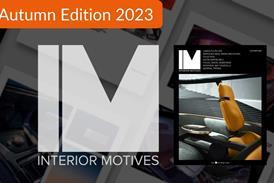
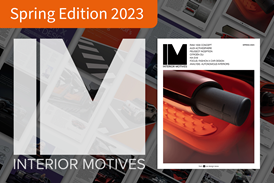
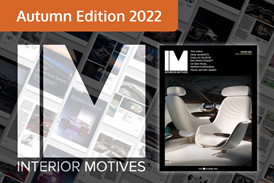
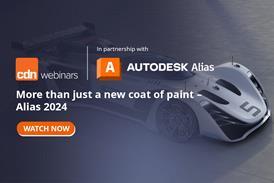
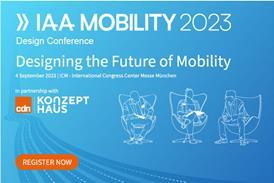

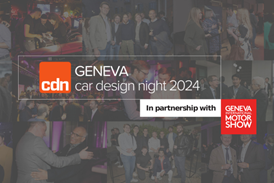
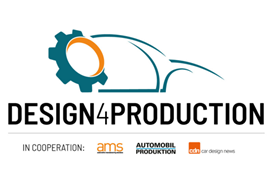
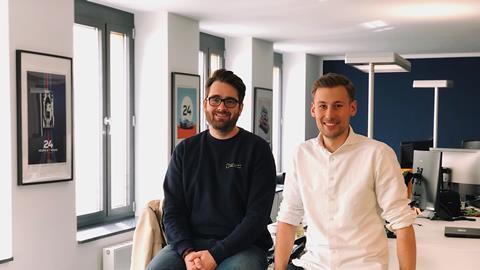
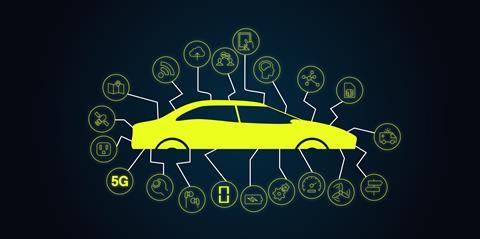
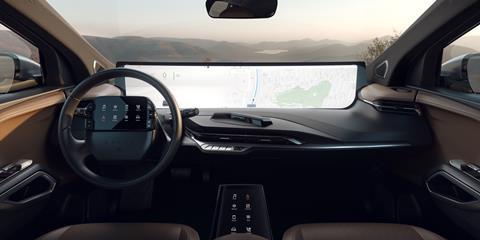

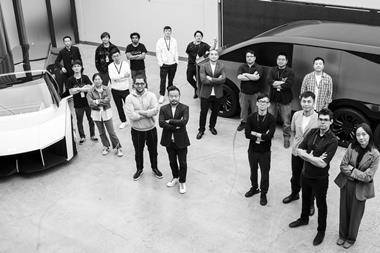
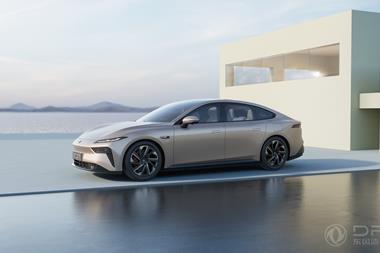
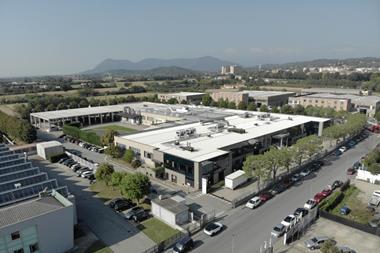
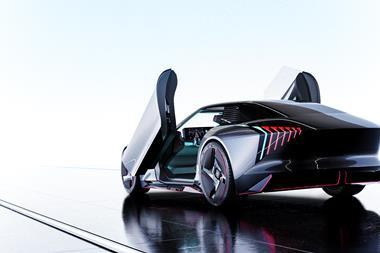
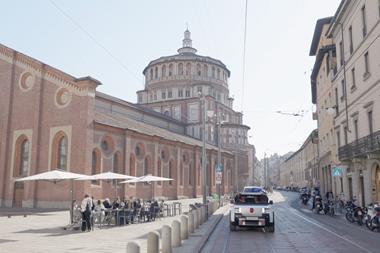
No comments yet